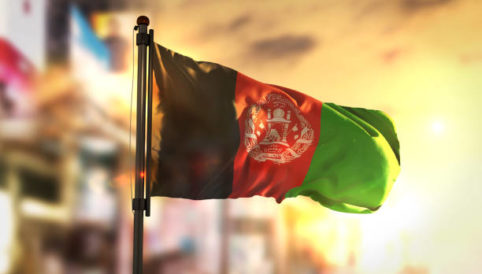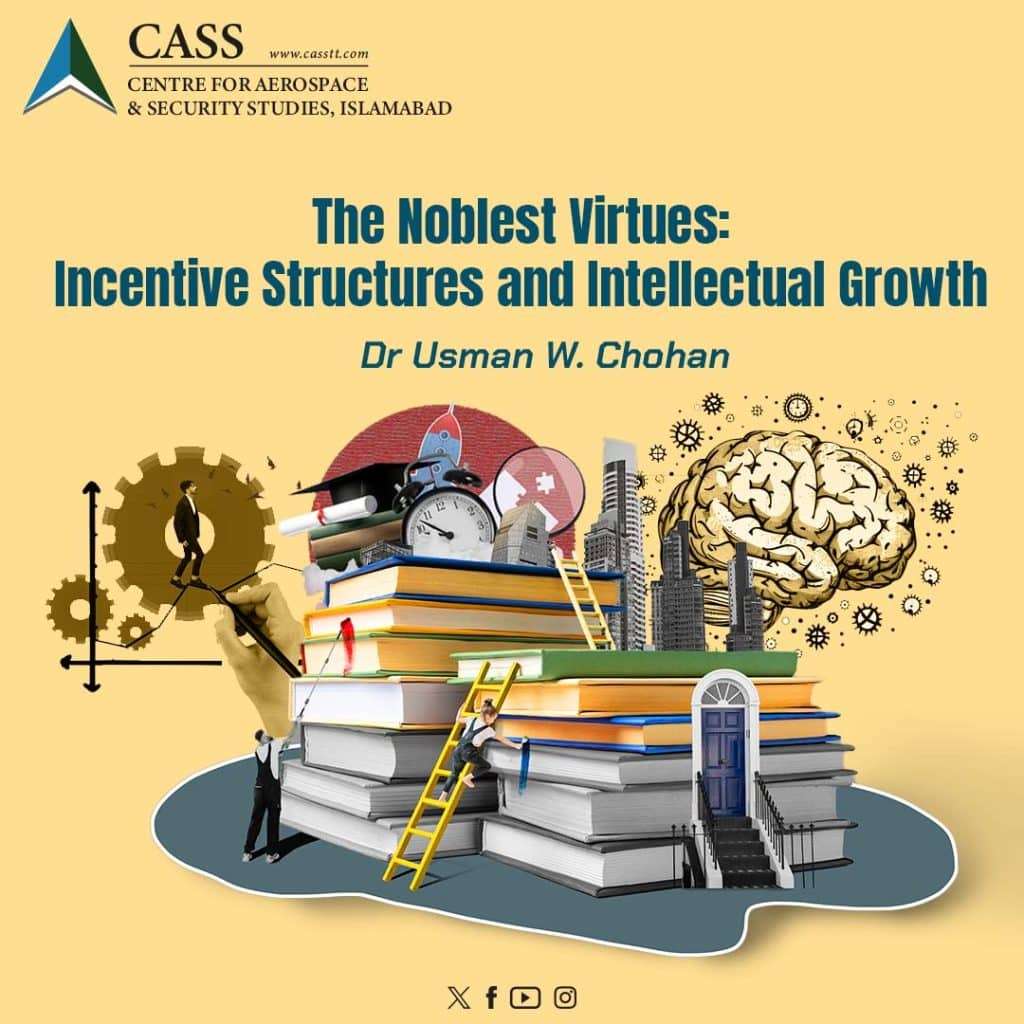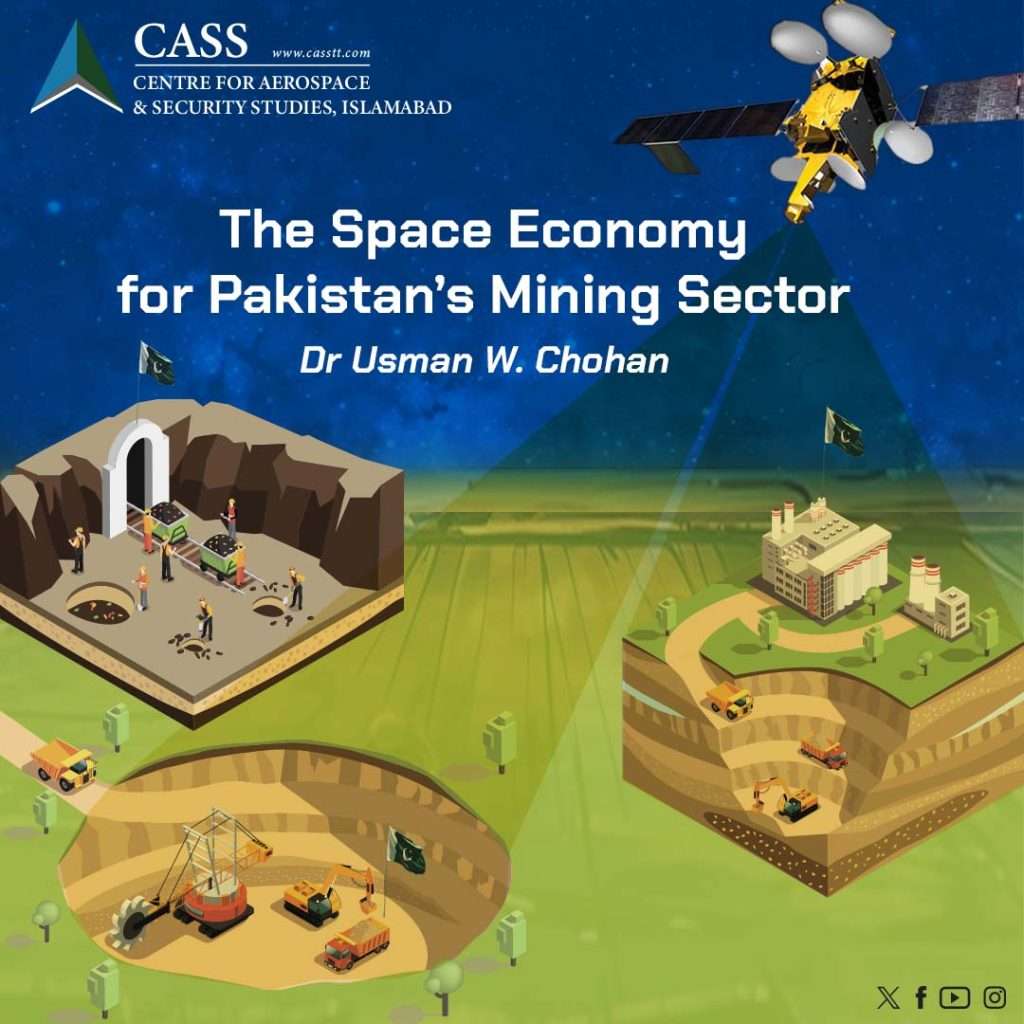At the time of Kabul’s fall in August 2021, it was already evident to some observers that the people of Afghanistan would face an imminent crisis without the wholehearted assistance of the international community. This was because the flimsy fiscal architecture that they inherited was premised on abject external dependency, with previous governments in Afghanistan relying almost exclusively on foreign transfers (amounting to 75% of public expenditures). Most of the gains from such a dependency remained concentrated in a puppet elite, which ultimately bolted for the door with bags of cash once defeat appeared imminent. With their complete capitulation, most of Afghanistan’s brain trust also fled abroad and left the masses stranded in a limbo that has persisted ever since.
In such circumstances, it was imperative for neighboring countries and international stakeholders to band together on a humanitarian basis to assist the Afghan people, even if they weren’t necessarily sympathetic to the new Taliban regime. However, a blanket set of sanctions was imposed on the new government, and $9 billion of assets parked in the US financial system which belonged to Afghanistan were frozen indefinitely. With a shortage of both human capital and financial capital, the new government appeared dead on arrival. In the meantime, the local financial system ground to a halt, hoarding became rampant, basic public services broke down, and poverty levels soared. In the four months since the Fall of Kabul, the economy has been in a tailspin and GDP has possibly shrunk by 40%, if not more.
It was in this dire context that Pakistan hosted an extraordinary summit of the Organization of Islamic Cooperation (OIC), which was met with widespread participation from countries even outside the OIC community. The collective effort galvanized many actors to make pledges, raise awareness, and advance a common cause. Concrete measures from the summit included the creation of a trust fund to deliver humanitarian disbursements, and the appointment of a special observer for the Afghanistan situation. The summit was hailed by officials around the world including the US Secretary of State Anthony Blinken, despite his country’s sanctions regime against the current government. Beyond the OIC summit, the UN has also signaled plans to earmark $8 billion for emergency humanitarian assistance and social service provision.
The UN’s approach aims to go beyond emergency relief and towards the preservation of public administration structures, salvaging something of what was left by a 20-year occupation, particularly in the fields of public utilities and healthcare systems. Later on, the UN aims to initiate a fundraising drive of $4.4 billion, the largest ever attempted for any country, and comparable in size to Afghanistan’s total economic aid in 2020 (i.e. in the previous government’s tenure), with the intent of providing food, shelter and other essential equipment to preserve lives.
However, is one to infer that these initiatives offer true rays of hope for a country at the verge of implosion? It is estimated that nearly 60% of the population (or 24 million people) face acute hunger during this brutal winter, and up to 9 million Afghans are bracing for imminent famine. In the desolate conditions that the civilian population faces, rays of hope are a welcome augury, but they are only a first step towards the major reconstruction that is required in months ahead.
For example, the UN estimates that a further USD $3.6 billion will be required in 2022, just to keep basic functions such as schools and hospitals going at the bare minimum. Therefore, beyond the immediate threat of hunger, one must look at a longer horizon, and hope for a wider reconstruction which averts the most frighteningly engineered catastrophe of our time: Afghanistan’s slow-motion mass starvation.
Dr. Usman W. Chohan is the Director of Economic Affairs and National Development at the Centre for Aerospace & Security Studies (CASS), Islamabad, Pakistan.This article was first published in Pakistan Observer. He can be reached at cass.thinkers@gmail.com.
Image Source: Immigration & Policy Resources for Afghanistan—CAIR Los Angeles.(n,d) from https://ca.cair.com/losangeles/campaign/help-afghanistan/





